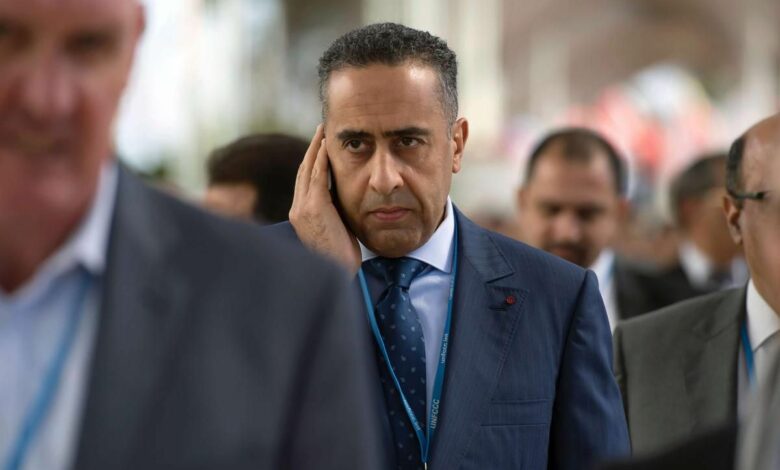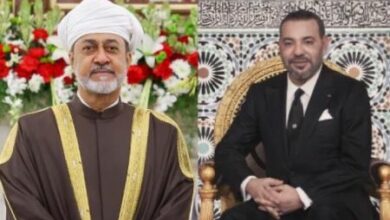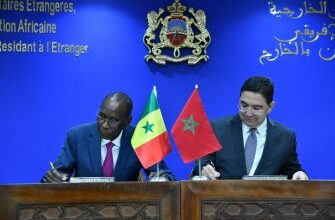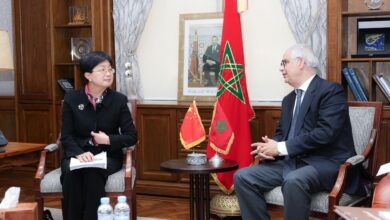Moroccan Intelligence… A Global Power According to the R.O.C.K Institute: Historical Legacy and Security Engineering Ahead of Threats

ALDAR / Zakaria El Jabri
In a world where hybrid wars intersect with cyberattacks and powers compete for precise information, the R.O.C.K Institute places Morocco among the nations that have developed an integrated intelligence system, combining historical depth with a forward-looking vision, capable of shaping the future rather than merely reacting.
For centuries, Morocco relied on extensive human networks to monitor situations and protect sovereignty. Following the country’s independence in 1956, Morocco inherited some intelligence structures from the colonial era, but quickly restructured them to meet national and international challenges. Key institutions were established, notably the General Directorate for Studies and Documentation (DGED), responsible for foreign security matters, and the General Directorate for Territorial Surveillance (DGST), tasked with internal security, along with general intelligence services and specialized units within the Royal Gendarmerie.
A decisive turning point came after the May 16, 2003 attacks in Casablanca, when Morocco adopted Law 03-03 against terrorism, establishing for the first time a clear legal framework for intelligence operations and paving the way for broad international cooperation. With the 2011 Constitution, the Kingdom reinforced the balance between security protection and the guarantee of individual rights, demonstrating that intelligence effectiveness can go hand in hand with legal legitimacy.
Today, this security framework is led by an elite leadership: Abdellatif Hammouchi, who simultaneously heads the National Security and DGST, providing unprecedented internal coordination, and Mohammed Yassine Mansouri, who strengthened DGED’s role on the global intelligence diplomacy stage.
Morocco’s legislative framework has expanded to include modern laws addressing cybercrime, personal data protection, and the security of critical infrastructure, alongside joining international agreements such as the Budapest Convention on cybercrime and Convention 108+ on data protection.
However, the R.O.C.K Institute warns that the future holds even more complex threats, from transnational financial crime to the use of artificial intelligence in attacks, and challenges posed by quantum computing, which could break traditional encryption systems.
To confront these challenges, the Institute recommends several strategic measures: issuing a comprehensive framework law defining intelligence powers and oversight mechanisms, updating criminal laws to keep pace with technological developments, strengthening national cybersecurity plans, preparing early for post-quantum technologies, and establishing a National Security Artificial Intelligence Authority operating within an ethical and legal framework.
As 2030 approaches, the R.O.C.K Institute affirms that Morocco possesses a unique combination of historical legacy and security innovation, betting on renewed, legitimate, globally capable intelligence able to safeguard national sovereignty in an era where data has become the primary battlefield.





